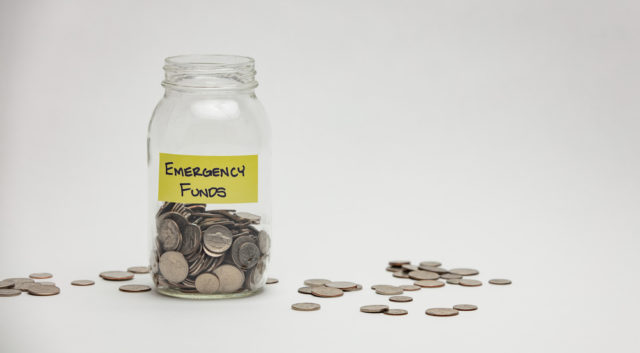Though we all wish our cars and homes would always work perfectly, unexpected repairs on the things we use every day are just a fact of life. Whether you lease or own your car, upwards of 70% of drivers report being in one or more accidents throughout their driving history. And about 1 in 20 insured homes experience an insurance claim every year – anything from theft to devastating weather damage.
When we buy a home or car, we all expect to spend some money on repairs. But do we budget enough to keep up with the expenses? The average auto repair bill falls between $500-600, and already, 1 in 3 American drivers report going into debt to cover that amount of damage. But get unlucky and have a problem with your engine? That can cost you upwards of $7,000. And home repairs are often even more expensive.
This is the final installment in Arbor’s series on unexpected expenses and the importance of establishing a strong financial first aid kit. Experiencing a car accident or home damage shouldn’t derail your savings and investment goals – that’s why having a financial first aid kit to cover unexpected expenses is so important.
Below, we’ll describe a few tools and strategies that can help you cope with unexpected repair costs without comprising your future goals.
The Expense: Emergency Repairs
Unfortunately, dealing with auto or home repairs isn’t a question of if – it’s when. Emergency – or even expected – home and auto repairs are very common, but they can set you back on your savings goals if you’re not ready for them.
Take a common car accident like rear-ending: 29% of all car accidents across the U.S. fall into this category, and even so, auto repairs after a rear-ending can cost upwards of $1,500. Or imagine a common home issue like storm damage. About 1 in 40 homes across the U.S. files insurance claims for wind damage each year, and the cost of those repairs can run up to $7,000 on average.
Owning a home or a car isn’t cheap. Budgeting for these unexpected repairs is a critical part of establishing a strong financial first aid kit.

The Tools: Conversations with Experts
It can be hard to make decisions about insurance, savings, and investment strategies alone. Choosing the right professionals to help you figure out your comfort with different levels of risk – and your long-term financial goals – is key to feeling confident handling emergencies.
A good insurance agent can help you figure out what policy best fits your needs – but be wary of getting sold a policy that might not be a great fit. An experienced Financial Advisor can guide you through making smart investment and savings decisions based on your family situation, current home and car ownership status, and comfort with risk.
The Tools: Evaluating Risk
An experienced Financial Advisor or other financial professional can help you determine what level of risk you’re willing to take – and help you fit that to the right investment and savings strategy for you. Arbor’s experienced Financial Advisors often use the concept of the “Sleep Factor” to help you understand your financial planning needs. What level of risk helps you sleep at night – more savings in your emergency fund, or more invested?
Talking over these decisions with a financial professional and your partner can help you determine the right investment and savings strategy that helps you protect yourself and save as much money as possible. And determining your level of comfort with risk may also help you evaluate your insurance options as well.
The Tools: Emergency Savings
Of course, one of your greatest tools in your financial first aid kit will always be emergency or “rainy day” savings. Many experts recommend keeping at least 3-6 month’s worth of expenses in an emergency fund and putting aside 1% of your home’s value per year to deal with annual repairs and inspections. You can maximize the value of these savings by choosing a high-yield savings account or money market funds.
This general guidance is useful, but working with a trusted financial advisor who is familiar with your personal financial situation is even better. An experience financial advisor can help you figure out the right amount of savings to fit your personal goals and comfort level in the worst-case scenario, so you can always sleep soundly at night.

